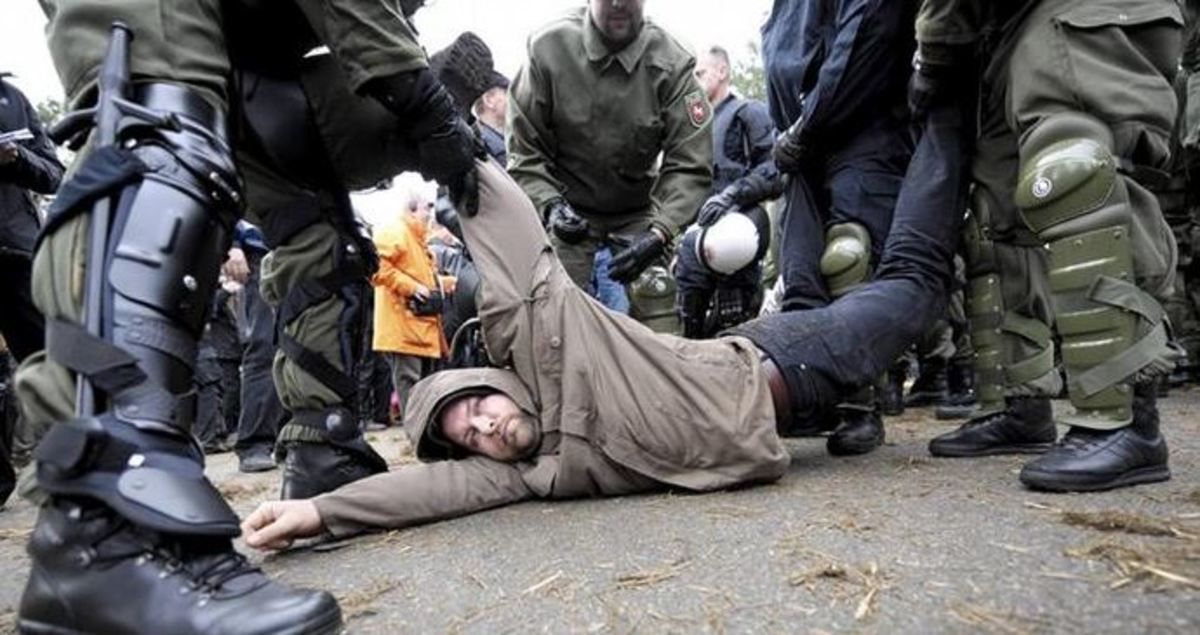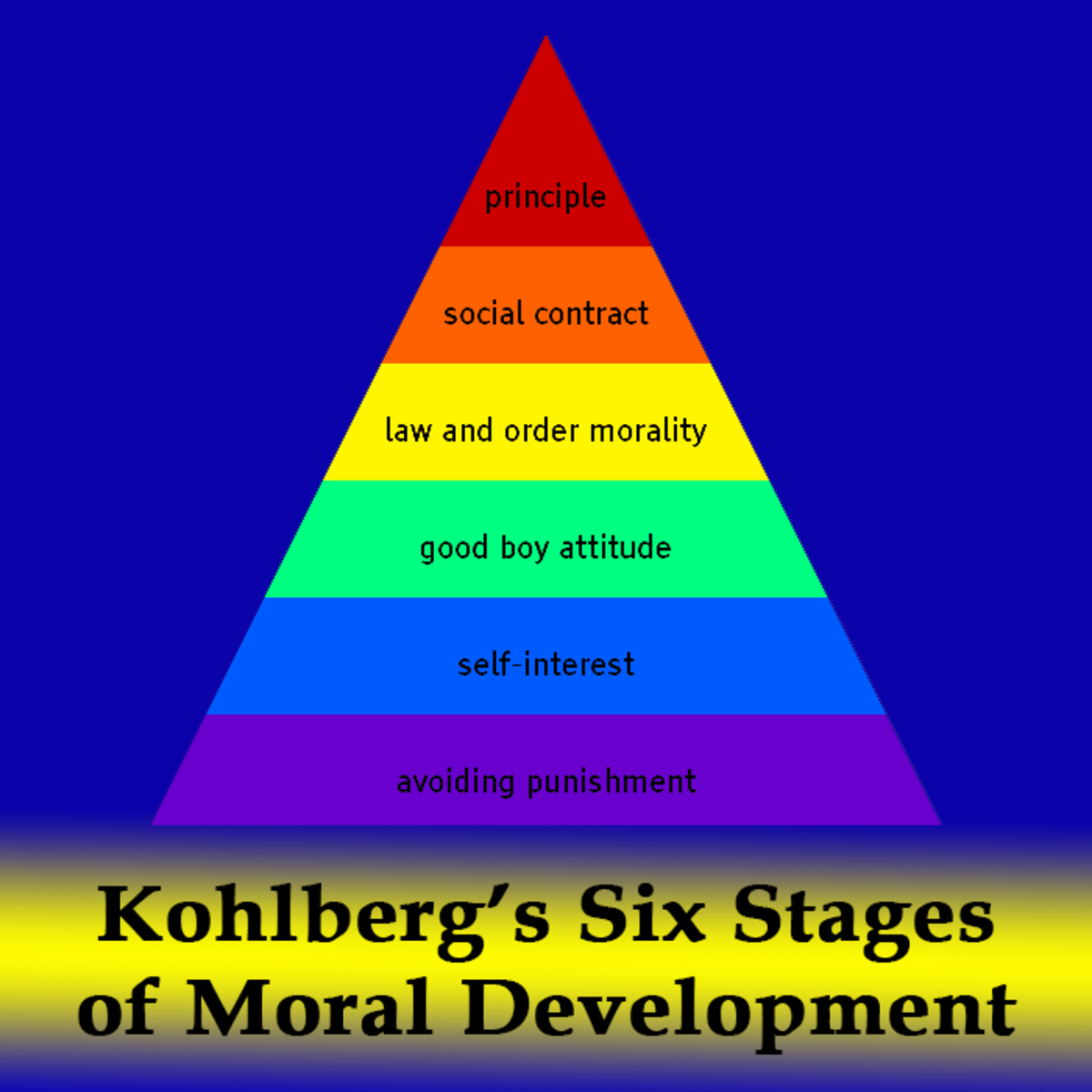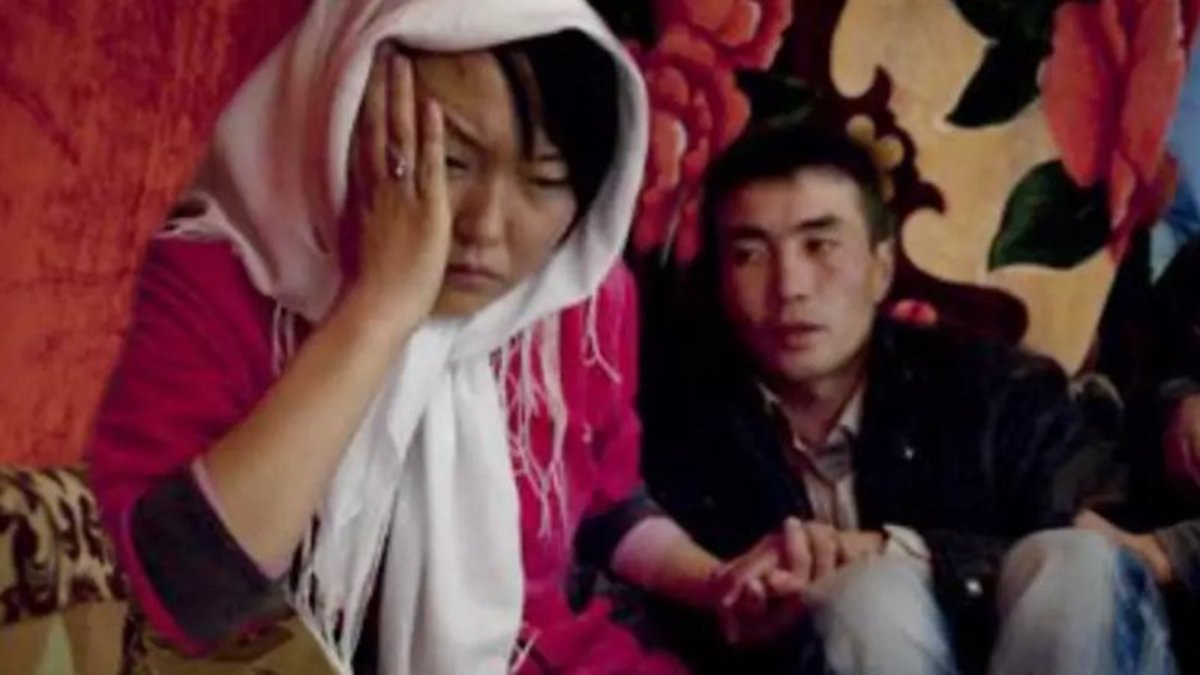Moral Matters Among the Minority Groups
Human rights are norms and values that assist in protecting individuals all over from extreme social and political abuses. Examples of these human rights include the right to fair trial, freedom of religion, and the right to participate in political activities. These rights are in extant in morality matters and in national and international laws. Such laws are addressed basically to governments, requiring compliance and enforcement by these government.
Morality matters are significant in minority rights since the human rights philosophy tackles queries that are related to nature, content, existence, universality, legal status and the justification of human rights. The strong arguments made on behalf of human rights, for instance their universality, or the sense that they exist independent of legal as defensible moral norms regularly provoke cynical doubts and responses that could be made from them. The Golden rule which states that “do unto others what you would want them to do unto you is presumed to be the greatest moral teaching of Jesus Christ. This rule is very important for our own coexistence.
Moral laws and human rights are two interrelated terms. In fact, they are referred as two sides of the same coin. All individual rights emanate from the legal order, while on the other hand, the legal order incorporates the aggregate of all rights it coordinates. The conception of human rights by an individual is an implication of an obligation on the part of someone else.
Various standard individual rights are basically crucial to religious and ethnic minorities, including the right of association, freedom of religion, freedom of assembly and freedom from discrimination. The documents on human rights have sections that explicitly refer to minorities, giving them particular attention on protection. For instance, the political and civil agreement in article 27 indicates that individuals who belong to ethnic, linguistic or religious minorities shall not be refused the right, in community with other community members in professing their own religion, enjoying their own culture or speaking by use of their own language (Nickel 2007).
According to Narveson, (1999) "Morality consists of rules for all" and that "moral rules...have to be framed with a view to advancing the interests of all, insofar as their interests can be advanced." The author points out that morality are directives which are intended for all people in general. They are in essence, public guides to behavior. These rules are applicable to all in the public sphere. They direct people on what they are expected to do or not do in particular situation. Narveson goes on that although there might be rules concerning specific groups such as the treatment of disabled children, women, children and so on, all people may be either directly or indirectly involved. However, what is particularly important is that all people are involved in implementing morality including reproving the wrong doors, encouraging people to do right things, and teaching individuals to follow or do right things.
One of his main concerns of Kymlicka in “liberalism in cultural plural societies” was to offer a liberal ground for the fair treatment of minority population. Kymlicka divides this minority groups into two groups such as the Māori in New Zealand and Québécoisin Canada. Using this criteria, Kymlicka opines that the two Canadian minority groups are the first nation population and the Québécois. The Québécois until so far have no common language nor the government. According to this author, such kind of minority groups also need special human rights by the government owing to their unique role and history within the context of the national population. He goes on to argue that polyethic groups deserve less of such rights since there coming to the state were voluntary and therefore, they have some level of responsibility in integrating to the values of their state. However, this doesn’t translate that these population are not entitled to any particular rights. Kymlicka observes that all cultural minorities should be given aright of deciding on the direction of their own lives and that it doesn’t translate that they are less entitled to the same degree of group rights which minority states are entitled. Kymlicka’s exceptions include problems which refugees encounter, whether from hunger, poverty or conflict and other minority groups such as African Americans whose American heritage were not voluntary. He goes on to argue that such groups own needs with regard to specific rights of their groups should be regarded on special basis.
The equality of rights or minorities, historically disadvantaged, or subordinate group has been an ancient concern for movements on human rights. Documents of human rights have consistently emphasized that all humanity, including minority groups, women and religious groups have equal aspects of human rights and therefore, should be able to enjoy them without being discriminated upon. The right to freedom from discrimination is centered on universal declaration of human rights and subsequent treaties. The political and civil agreements for instance , subjects participating states to respecting and protecting all the rights of its citizens without any kind of distinction or discrimination such as race, gender, color, language, social or nationality origin, political affiliation, social status, property or birth.








